The Supreme Court recently made a significant decision regarding the revocation of parole for around 500,000 foreign nationals from Cuba, Nicaragua, and Venezuela. This move has sparked mixed reactions and raised concerns among various parties.
In response to the Supreme Court’s ruling, Justices Sonia Sotomayor and Ketanji Brown Jackson expressed their disapproval with a dissenting opinion. Jackson criticized the court’s decision, stating that it failed to consider the potential adverse effects on hundreds of thousands of noncitizens affected by this decision.
“The court plainly botched its assessment and did not properly weigh the devastating consequences of allowing the government to upend the lives of nearly half a million noncitizens,”
remarked Justice Jackson.
The Temporary Protected Status (TPS) program allows individuals to reside and work legally in the United States if their home countries are facing crises such as natural disasters or armed conflicts. The Trump administration’s efforts to terminate these protections have been met with legal challenges and debates over humanitarian considerations.
Under this program, migrants are granted protection in increments typically lasting 18 months. However, recent attempts by the Trump administration to end these protections for certain groups have stirred controversies and legal battles.
Department of Homeland Security Secretary Kristi Noem argued that ending protections for specific Venezuelan nationals aligns with national interests. Solicitor General John Sauer supported this stance, emphasizing that immigration policy falls within the executive branch’s jurisdiction rather than judicial interference.
“The district court’s reasoning is untenable,”
stated Solicitor General Sauer in defense of revoking protected status for certain migrant groups.
While President Donald Trump sees this as progress towards tightening border security and fulfilling his immigration agenda, critics argue that such decisions could have far-reaching implications on vulnerable populations seeking refuge in the U.S. The conflicting viewpoints underscore broader debates on immigration policies and national security priorities.
This latest development follows earlier Supreme Court decisions permitting the revocation of protected status for hundreds of thousands of Venezuelan migrants. These rulings signal a shift in immigration policies under different administrations while igniting discussions on legal frameworks governing migrant protections and residency rights.
The ongoing legal battles surrounding immigrant rights highlight complex ethical dilemmas and legal intricacies inherent in crafting inclusive yet secure immigration policies. As policymakers navigate these challenges, balancing humanitarian concerns with national security imperatives remains a delicate process fraught with contentious debates and divergent perspectives.



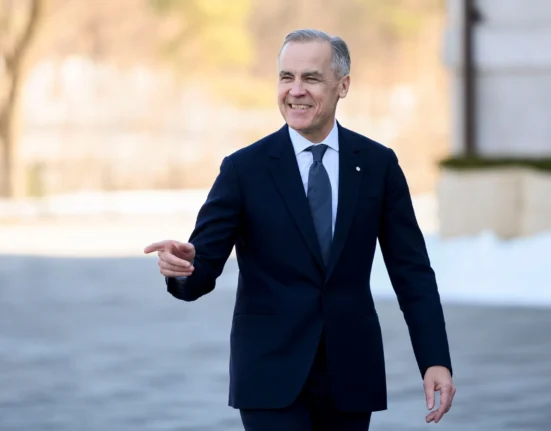
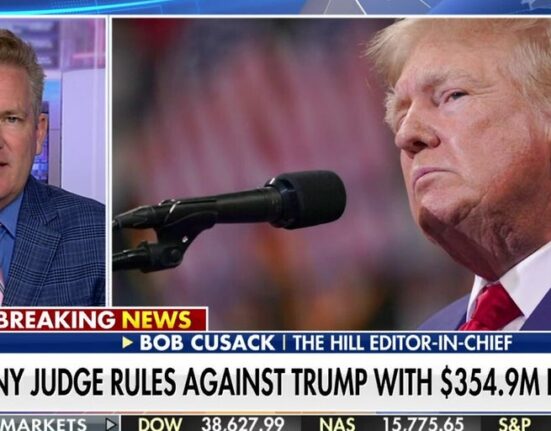

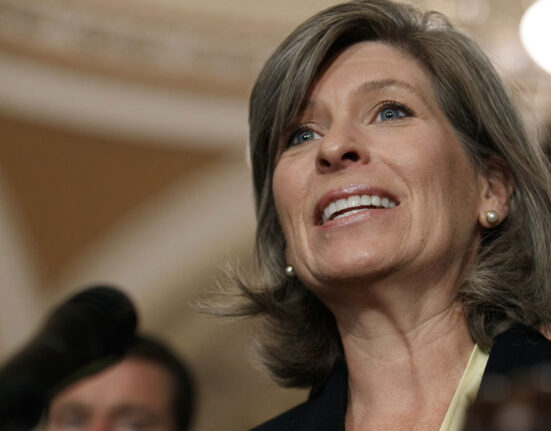
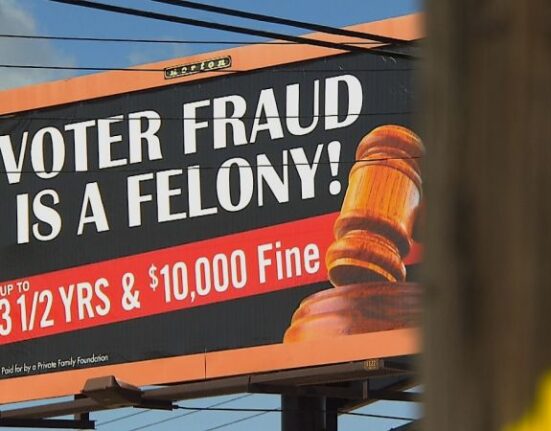
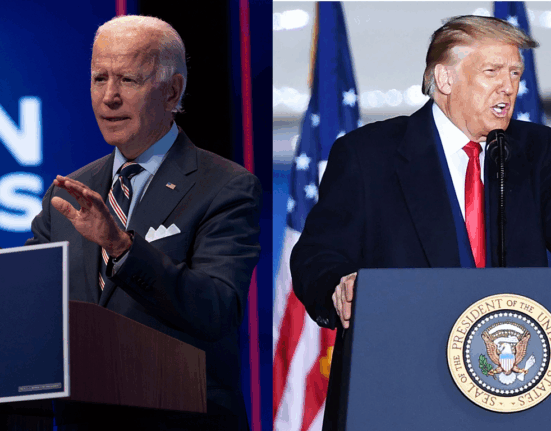
Leave feedback about this